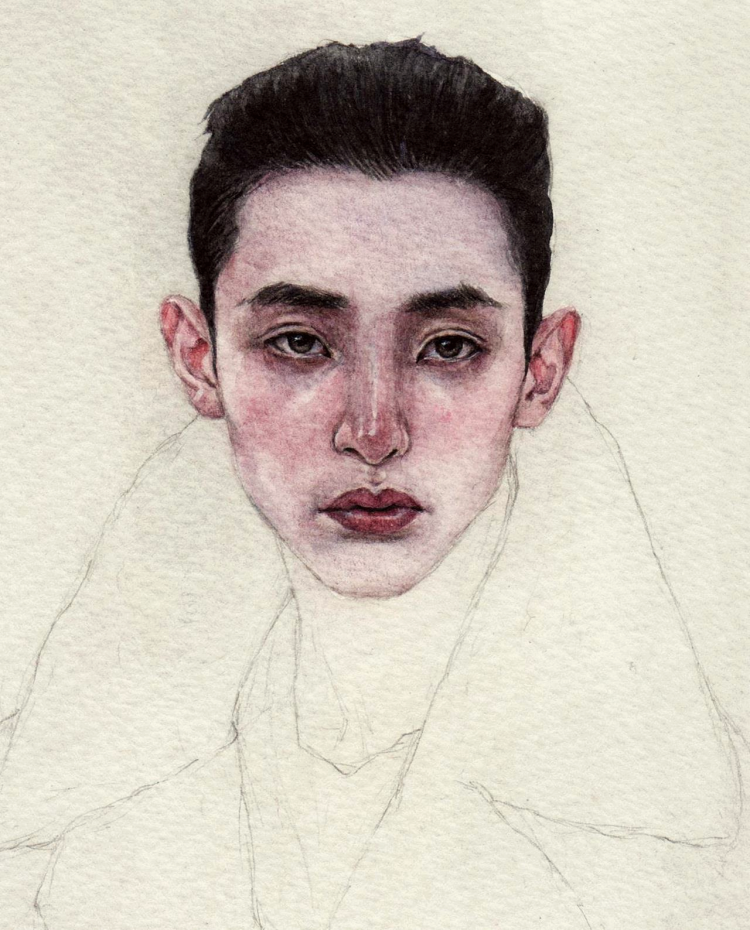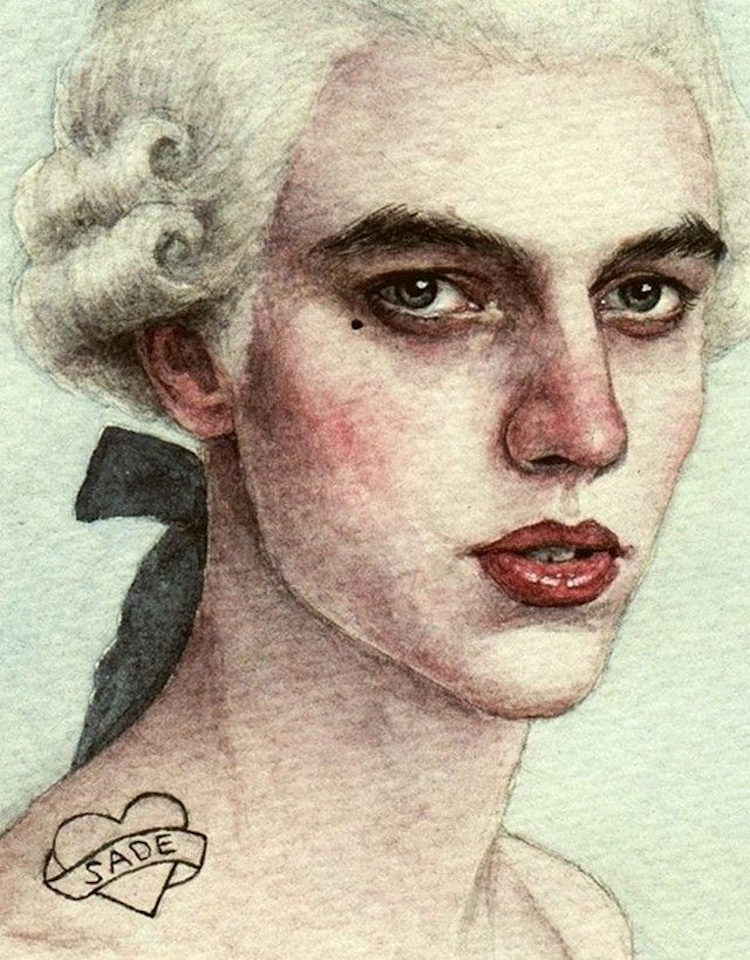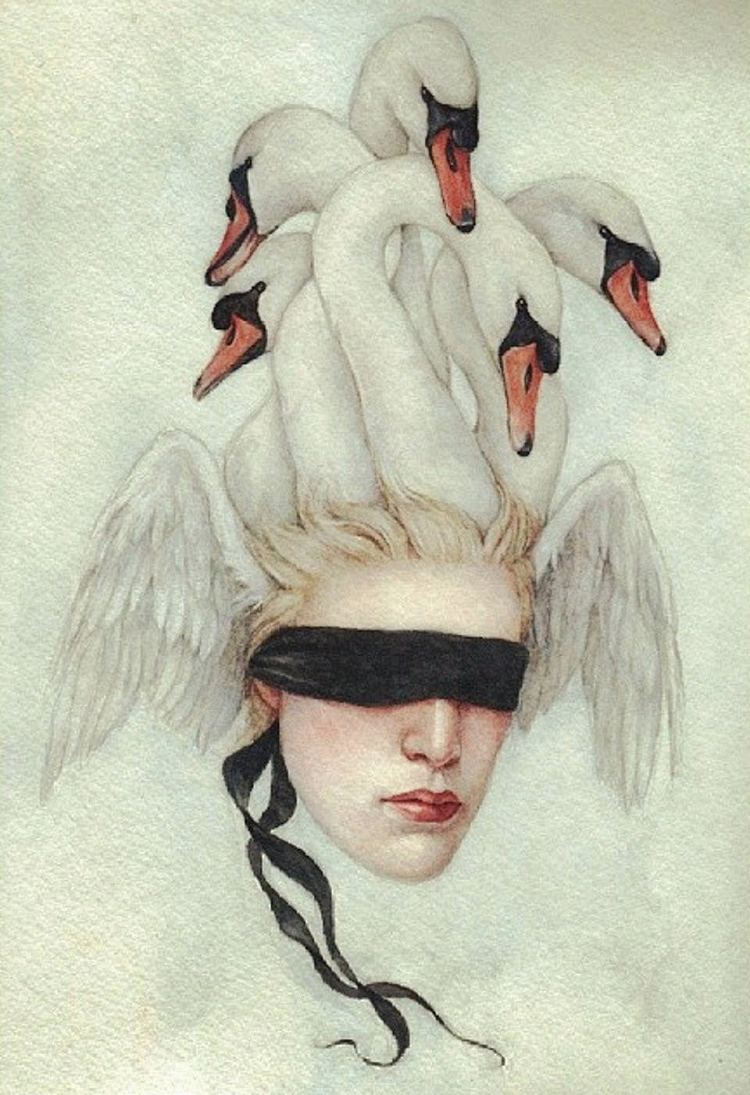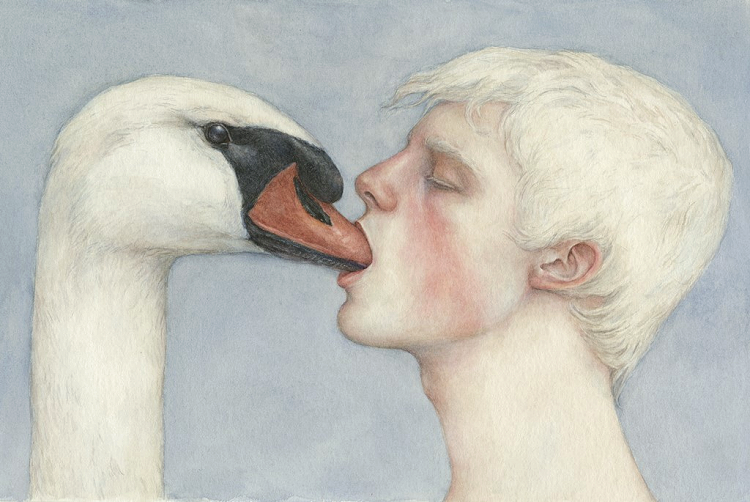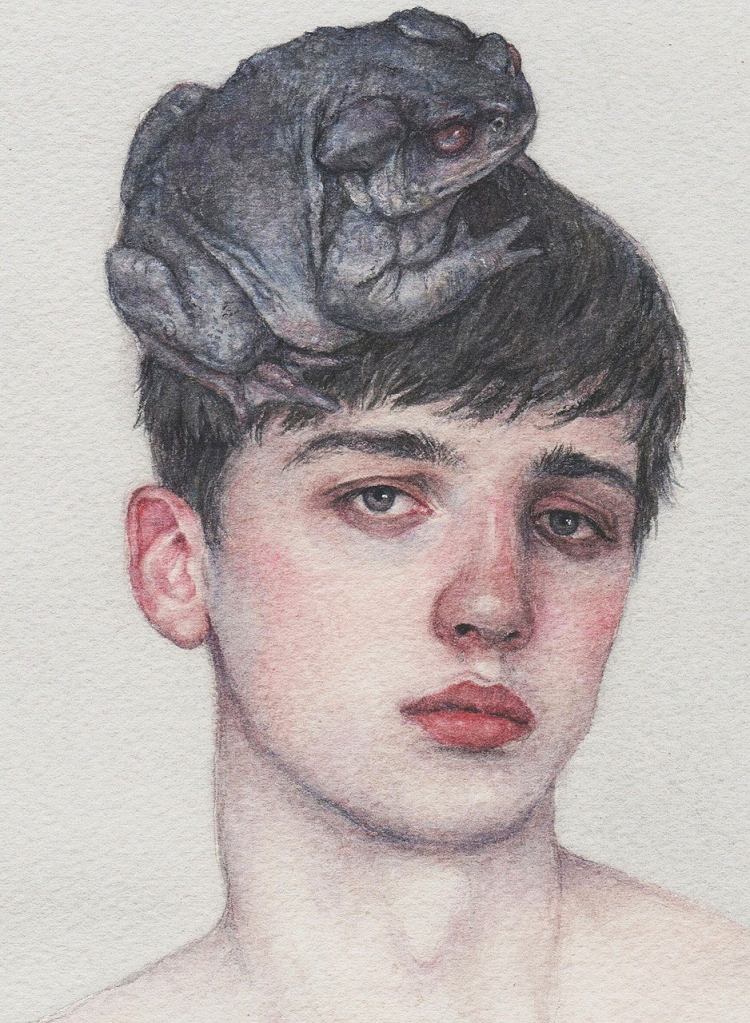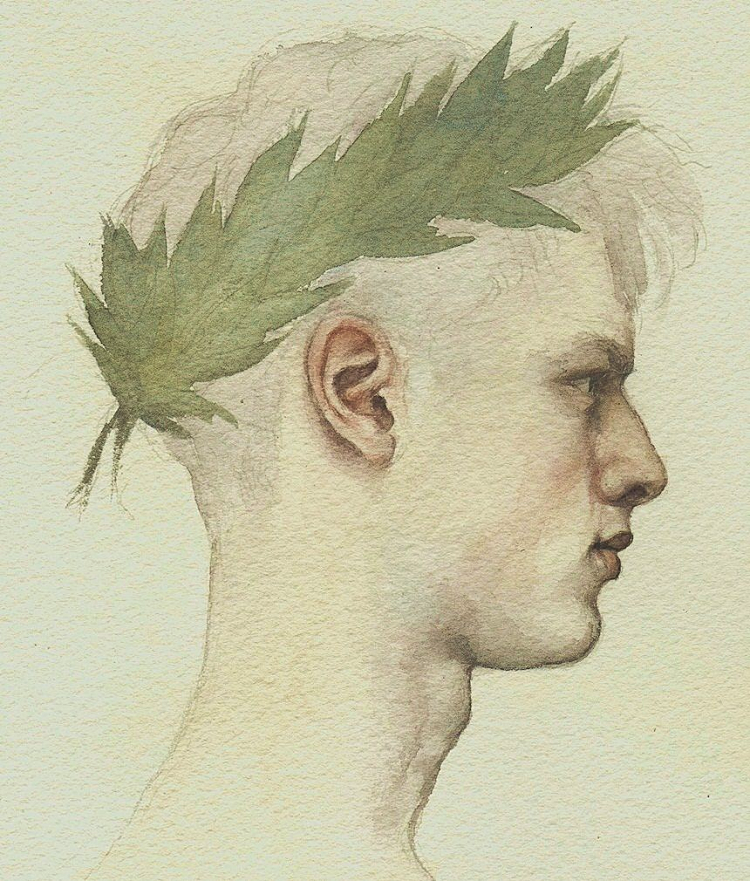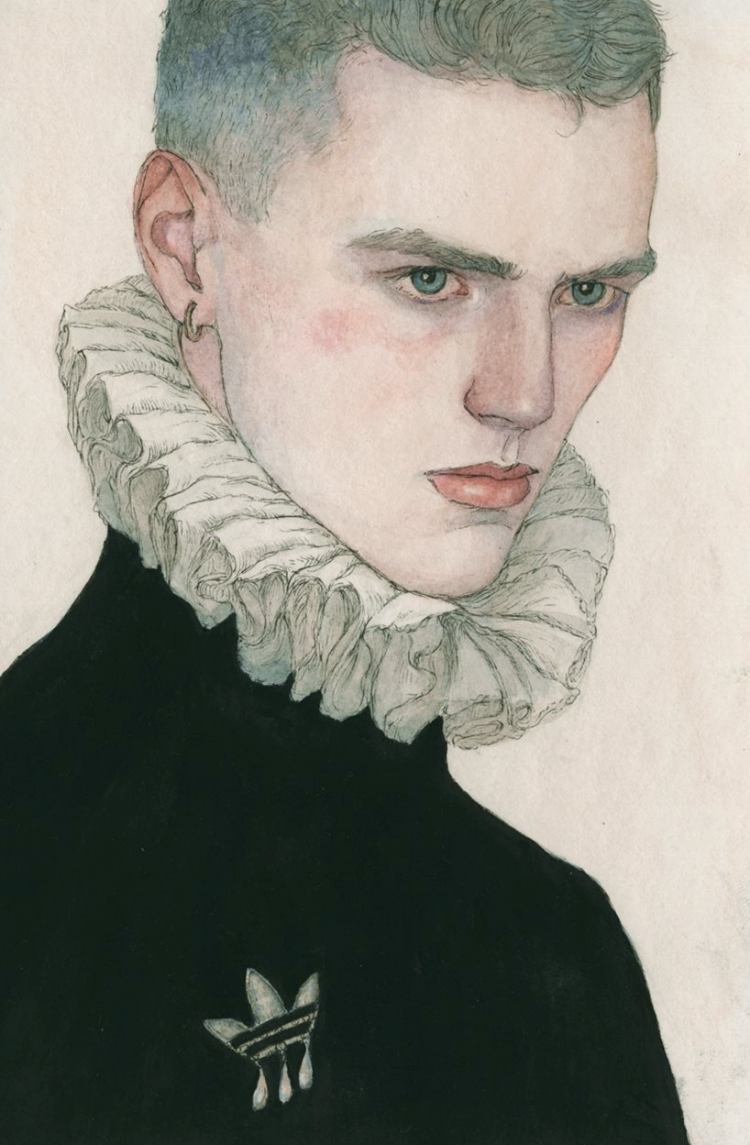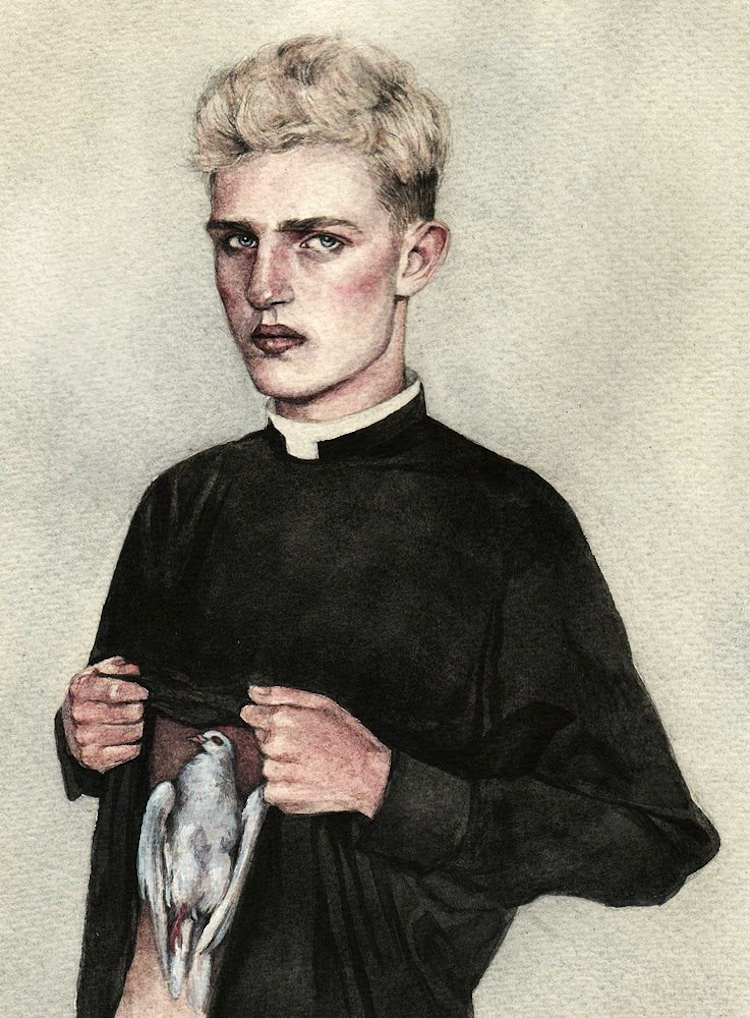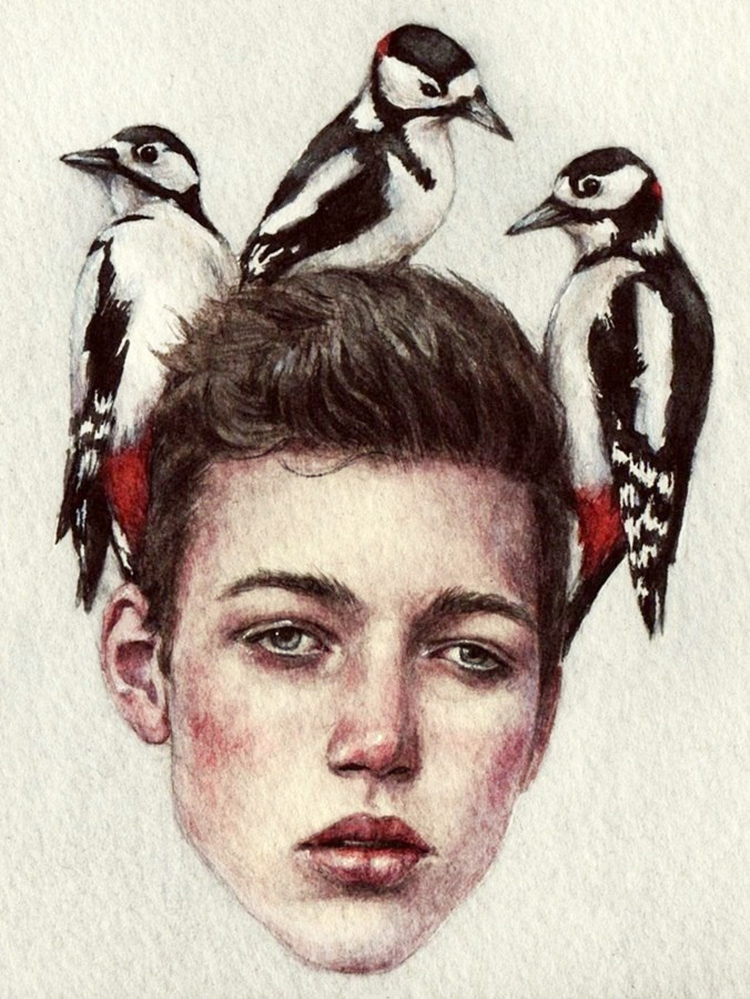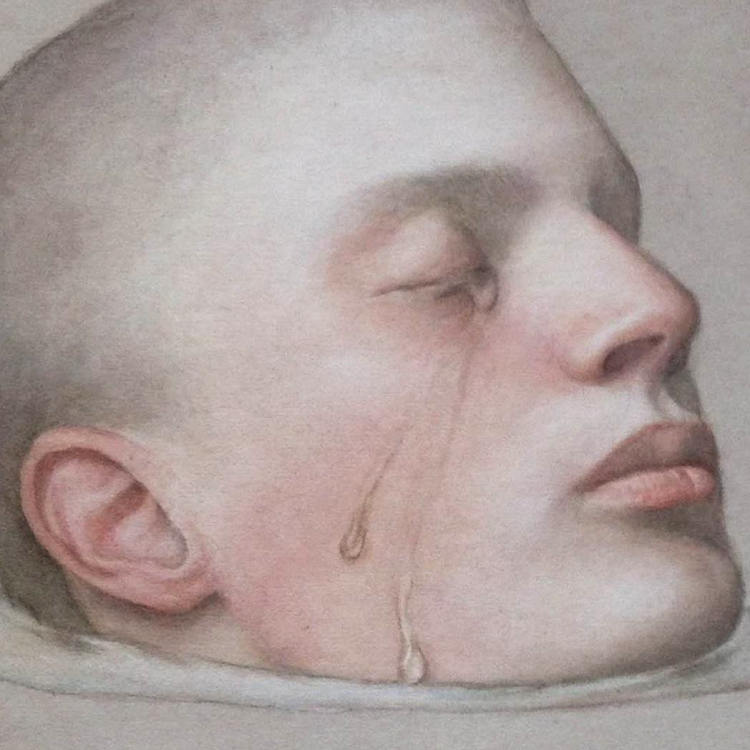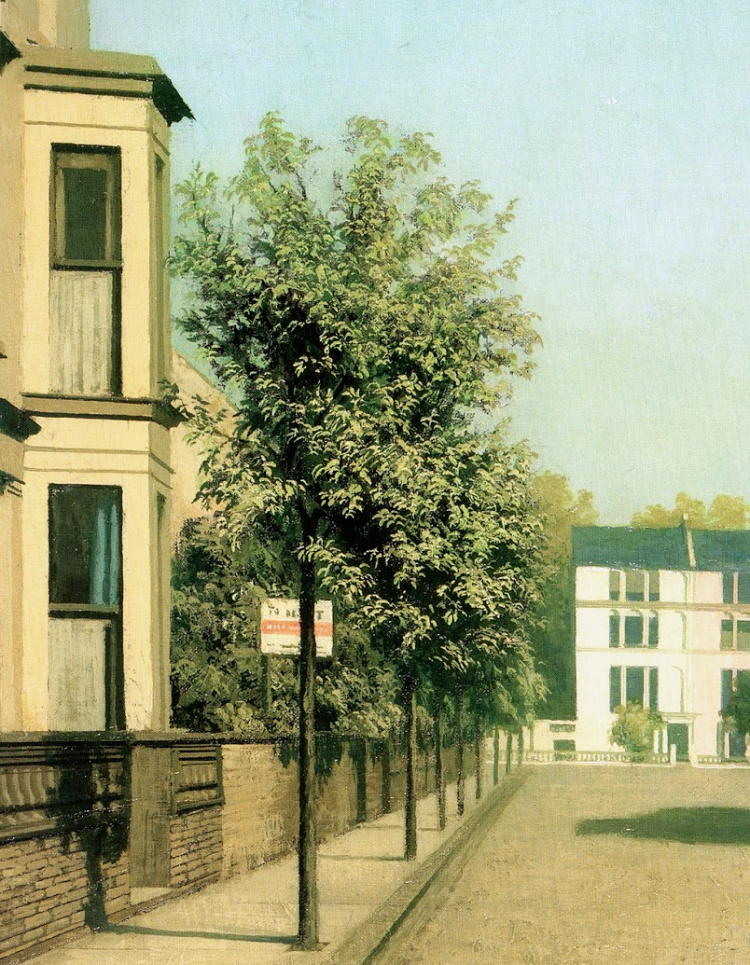 |
| The House by the Canal, 1945. (The cat!) |
 |
| Bourdon House from Berkeley Square, London, 1932. |
 |
| In Kensington, 1920-23. |
 |
| Canal basin, 1929. |
 |
| House Tops and Sky, circa 1933. |
 |
| Summer Afternoon in Bayswater, circa 1951. |
 |
| Regent's Canal, Maida Vale, London, 1942. |
 |
| Holland House, Kensington. |
 |
| Downshire Hill, Hampstead, 1934 |
 |
| Regent's Canal, Twilight, 1925. |
 |
| Outskirts of Cheltenham, 1932. |
 |
| Paddington Basin, London, 1925. |
 |
| Chepstow Place, Notting Hill, after a shower, 1924. |
 |
| A London Window, aka The Evil Spirit of War, 1947. |
 |
| Spring Morning, Campden Hill, 1940. |
 |
| Surrey Canal, Camberwell, 1935. |
 |
| The Backs of House, Harley Street, London, 1925. |
 |
| Sunshine in Hampstead, circa 1960s (?). |
 |
| Sunset, Hove, 1928. |
 |
| Regent's Canal, 1927. |
 |
| Minster Court, York, 1945. |
 |
| Park Crescent, London, 1927. |
 |
| Regent's Park Canal, Paddington, 1930. |
 |
| Townscape, 1934. |
 |
| Regent's Canal, 1922. |
*
Algernon Cecil Newton (23 February 1880, London - 21 May 1968, London), British landscape artist, whose penchant for scenes involving urban waterways earned him the nickname the "Canaletto of the canals". He was a grandson of Henry Newton, one of the founders of the Winsor & Newton art materials company. He left Clare College, Cambridge, after two years without taking a degree and then studied at various art colleges in London. He married writer Marjorie Emilia Balfour Rider in 1903 and they had four children together, including the actor Robert Newton. During World War I, he served with the Royal Naval Volunteer Reserve and, later, with the Army. Invalided out in 1916 after catching pneumonia, he recuperated over the next few years among the artist community at Lamorna, Cornwall. In 1919 he returned to London and the following year exhibited forty landscapes at the Eldar Gallery. He also began to exhibit at the Royal Academy, where he was elected an Associate in 1936, a Member in 1943, and a Senior in 1956. Divorced from his first wife, he married again in 1921. In the 1920s he regularly exhibited at the New English Art Club, and from 1923 much of his work was made up of urban views of London. He also painted landscapes in Cornwall and Yorkshire and was in demand for portraits of country houses. Generally he worked from sketches done on the spot and, occasionally, from photographs. He died in London at the age of eighty-eight.
"There is beauty to be found in everything, you only have to search for it; a gasometer can make as beautiful a picture as a palace on the Grand Canal, Venice. It simply depends on the artist's vision." - Algernon Cecil Newton
 |
| Newton found stillness in the country as well: West Wycombe Park, 1933. |


